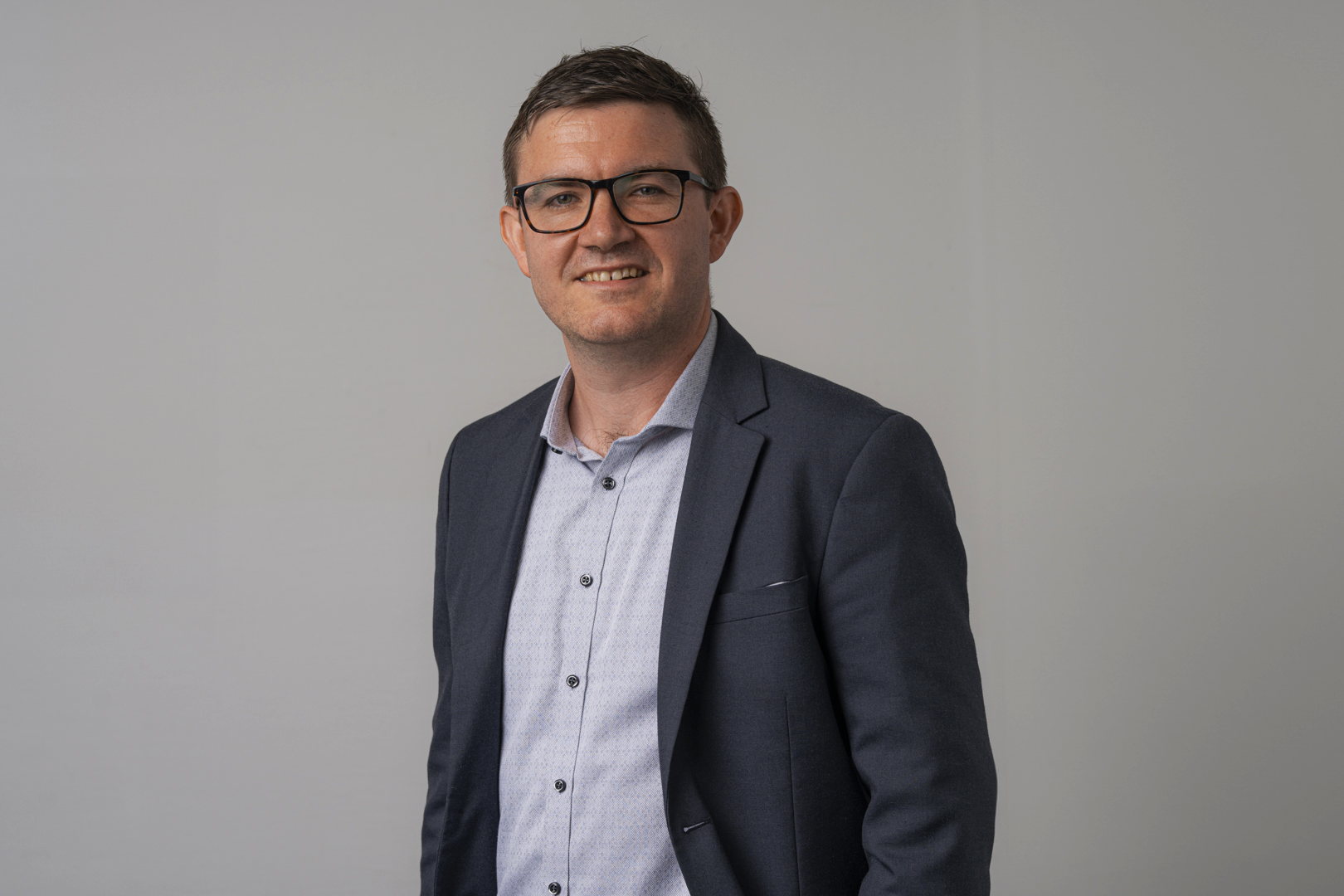Hans-Peter Y. Qvist
Research leader

Project title
Association Participation among Immigrant Children: A Vehicle for Integration?
What is your project about?
Researchers and policymakers often assume that associations such as football clubs, scout troops, role-playing groups, and choirs promote the integration of children of immigrants by bringing them together with other children from diverse backgrounds around shared interests. However, research shows that associations often attract resource-rich children, and there may be a tendency for them to join groups where most members share the same background as themselves. These segregation processes can cast doubt on the actual potential for integration. Against this backdrop, my research group will investigate how participation in associations varies among children of immigrants from different social and ethnic backgrounds in Sweden, the Netherlands, Germany, England, and Denmark. We will also analyze how their participation affects their performance in the education system, their social networks, and their values.
How did you become interested in your particular field of research?
I am deeply committed to ensuring that all children and young people have the opportunity to lead a good and meaningful life. Unfortunately, research shows that children of immigrants from non-Western countries, including those born in Western Europe, face significant challenges. These children often struggle more in the education system and lack the social resources available to their peers from the majority population. As a sociologist and researcher in civil society, I became interested in understanding to what extent participation in associations can improve the life chances of these children. This interest has motivated me to develop my research project, in which I have gathered a group of leading international experts to expand our understanding of how association life can promote the integration of children of immigrants.
What are the scientific challenges and perspectives in your project?
A central research challenge is distinguishing between cause and effect. Although statistic alanalyses show a correlation between participation in associations and integration among children of immigrants, it is difficult to determine whether it is the participation that promotes integration or whether it is more likely that children who are already well integrated participate in these activities. To address this challenge, we start by identifying the factors that influence whether children of immigrants participate in associations. We will then analyze the effects of participation on various dimensions of integration over time. This will be done using statistical methods that account for the factors affecting the likelihood of participation, allowing us to more accurately assess the true impact of participation on integration.
What is your estimate of the impact, which your project may have to society in the long term?
The project aims to provide evidence-based insights into which children of immigrants participate in associations in various Wester nEuropean countries and how this participation affects different dimensions of their integration process, including educational, social, and cultural aspects. This insight is crucial for understanding the opportunities and limitations that associations offer in efforts to promote the integration of children of immigrants. Developing this knowledge is essential because discussions and policy development in this area are often based on romanticized notions or anecdotes from association life rather than evidence.
Which impact do you expect the Sapere Aude programme will have on your career as a researcher?
The grant has two primary benefits. First, it allows me to assemble an excellent research group consisting of both talented junior researchers and leading international experts. I will lead this team towards achieving new research results in our field. Second, the grant frees up time by allowing me to focus on this project without the distractions of teaching and administrative tasks, which are often very time-consuming. Finally, receiving such a prestigious grant is a significant recognition of my research work. This recognition is not only an honor but also motivates me to strive for new heights in my research, which can benefit the Danish and other European societies.
Background and personal life
I live in Gug in Aalborg, with my wife and our three children, aged 7, 5, and 2. Our family time is very important, and we spend a lot of our free time together, especially in the garden where we love to play. When I have a little time for myself, I enjoy running in what we call the "Gug Alps”, or going for a walk with a podcast in my ears if I am not in the mood for a run. For several years, I have also talked about resuming my badminton career; I was previously a tournament player and coach. So far, though, it has only been talk. However, I do dust off the badminton racket when I attend MiniTon with our two eldest.
View all research leaders here
Research institution
Aalborg University
Research field
Sociology
City of your current residence
Aalborg
High school
Aalborghus Gymnasium
